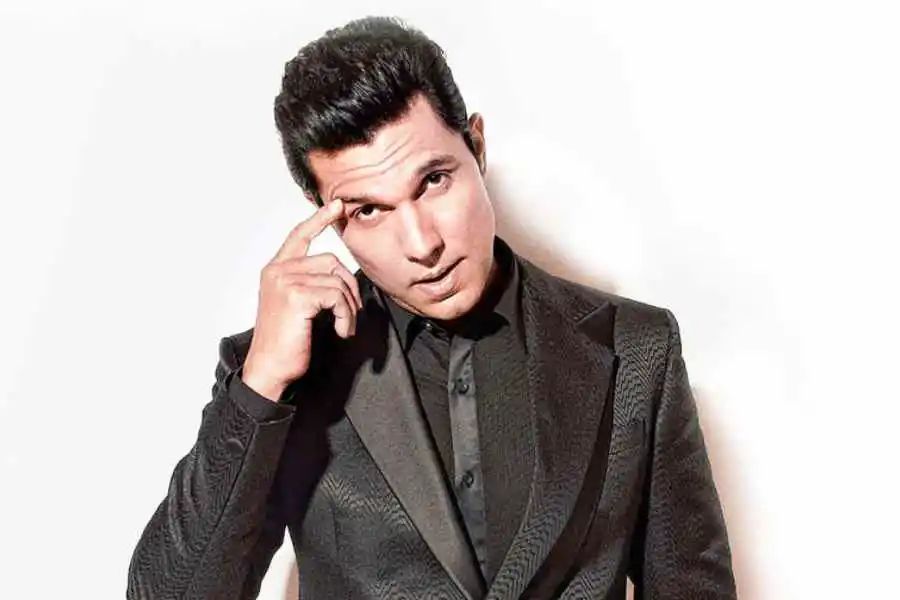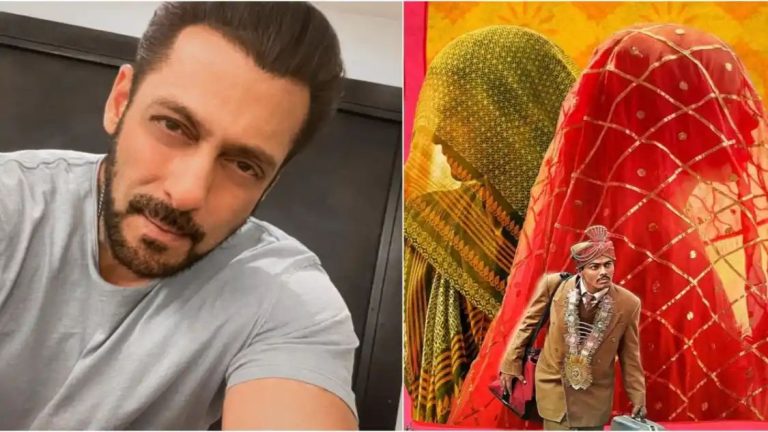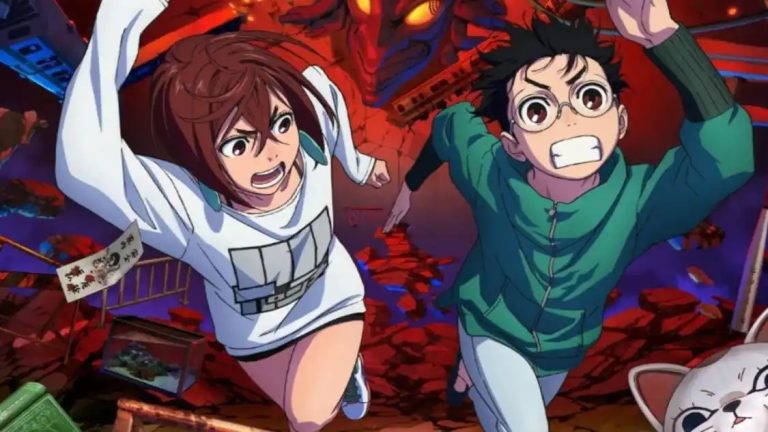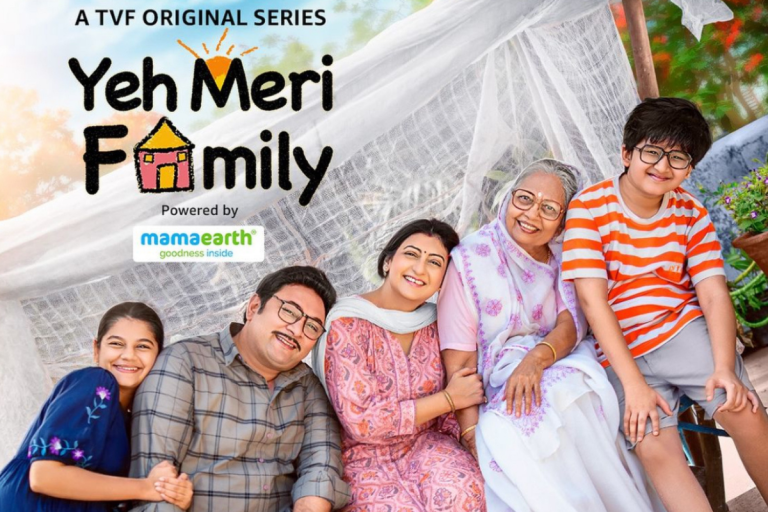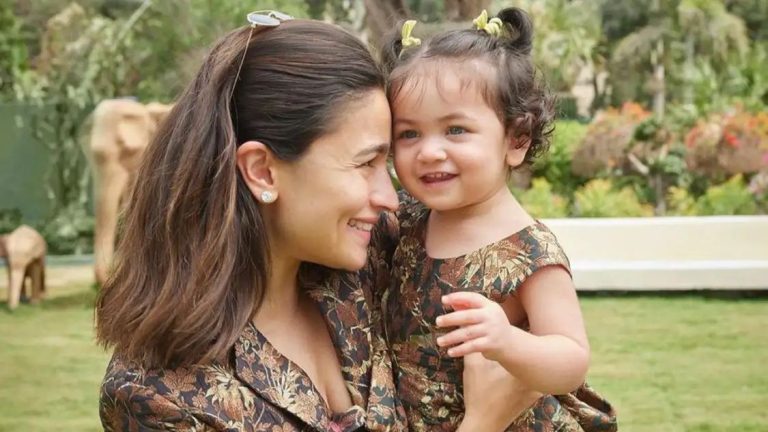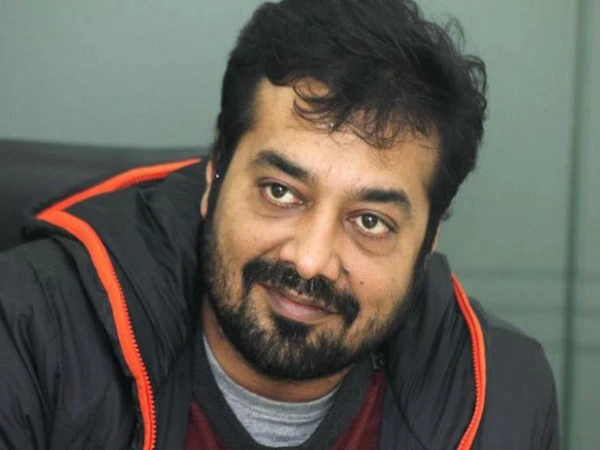Swatantra Veer Savarkar: Want the audience to watch the film for what it is. It’s a quality film, says Randeep Hooda
t2 caught up with Randeep on what made him want to play the controversial historical figure.
What made you want to play Veer Savarkar and then step in to direct the film?
When I was approached as an actor, I spoke to my friends and well-wishers and they all told me not to do the film. I was told: ‘You are a genuine artiste… don’t be part of a film that is going to classify you as being affiliated to a certain party. You will be called a Sanghi.’
I knew about Savarkar because I am a history buff. I wanted to know more and started reading about the armed revolution that he led against the British for India’s independence. I realised that this section of our history had been written in our textbooks by people with a certain political bent of mind and there was only one paragraph or so mentioning the armed struggle. I asked myself: ‘How is it possible that an armed struggle in India never worked?’
I dug deeper and read things about Veer Savarkar that made me ask: ‘Why don’t people know about it? Why is it not a part of our public conscience? Why is it not a part of the books taught in schools? Why is this story being brushed under the carpet?’ That irked me.
I wanted to bring this unsung, perhaps misunderstood, and limited information about certain parts of our history to the forefront. I found it unfair… I wanted to tell Savarkar’s story and the story of his movement.
Because he was a writer, Savarkar was also an influencer and an ideologue. He wrote a book about the 1857 Sepoy Mutiny that influenced all the armed revolutionaries that came after him. It makes one think that we could have overthrown the British much before 1947. Why were they trying to take away another point of view which was created in the first decade of the 19th century and which went on to influence people? Why was it almost mandatory to read his book to join HSRA (Hindustan Socialist Republican Association) which was Chandra Shekhar Azad’s organisation, which Bhagat Singh was a part of? Why is it that when one joined the Indian National Army, one was given Savarkar’s book to read? Why is that part hidden from us?
He was a social reformer and believed in inter-caste marriage. He shunned untouchability. But all these aspects of his personality have not been made known to us. There has been a brushing under the carpet of certain parts of our history and conversely, the highlighting of the contributions of certain others. That was done by historians of the political regimes in our country post-Independence. I am not a historian but I took this part of history and made a film which has a larger story of all those who were involved in this struggle.
Sourced by The Telegraph
You have said that Savarkar was not only unsung but also demonised…
Yes. He was demonised for political reasons. First, he was accused of Bapu’s (Mahatma Gandhi) murder. But he could not be arrested because there was no proof. There was no connection established. But by accusing him of Bapu’s murder, the narrative became that Hindus had killed Bapu.
There were three major parties – the Muslim League, Congress and Hindu Mahasabha. By accusing Savarkar, Congress vilified the Hindu Mahasabha, divided the Hindu sentiment and won unopposed in 1952.
Many people admired him but could not support him because he was accused of Bapu’s murder. His legacy was punctured, though Indira Gandhi, when she was Prime Minister, called him ‘a remarkable son of India’. Then, in the ’90s, when a certain party started losing electoral supremacy, they attacked the party that was coming up based on the Hindutva thought process and they started maligning Savarkar. He was called a British stooge. But if he was in cahoots with them, why was he in captivity for 27 years of his life? All this name-calling and uneducated barrage on him from a certain section of the political circle is to distort his contribution.
This film is a passion project for me and I want it to become a movement to recognise a man whose contribution was never acknowledged. Did we get our freedom only through non-violent means? No.
Even Netaji (Subhas Chandra Bose) had high regard for Savarkar though he did not like the division that was happening based on religion. Savarkar, till the end, spoke of ‘Akhand Bharat’ (united India), which is also what Gandhiji and Netaji spoke about. But it is the revolutionary who fights the battle and the politicians who form the government.
What were the most fascinating things you discovered about Savarkar while making this film?
All the armed revolutionaries were connected in secret ways. They had
secret societies. Savarkar himself formed three secret societies. He formed Abhinav Bharat, which was a secret society of five members in every town. Savarkar went to England and formed the Free India Society, which was also a secret society.
Honestly, I have found greater admiration for Mr Gandhi while studying Mr Savarkar. Gandhiji unified the whole country but he did make mistakes and so did Savarkar.
Many wheels within wheels have turned in our Independence struggle and to just have a cursory point of view is unfair. Why is Mr Savarkar not considered a freedom fighter and a hero? Why is he only looked at as a divisive figure? He coined ‘Hindutva’ as an all-encompassing political ideology for our Independence. It said that anybody who thinks this land from the Indus River to the Bay of Bengal is his ancestral land is one. He always said that the country has to be kept above religion.
Savarkar wanted us to get training in arms, that Indians should become officers so that we could command troops. The first thing was to get the maximum amount of people armed and then, at the opportune time, know where to turn the barrel of the gun.
This falls into the category of agenda-based, propaganda filmmaking, especially in election year…
This movie has been in the making for two years and I have put money into it as a producer. I wanted to release it on Independence Day last year and Republic Day this year, but it didn’t work out. If somebody calls it a propaganda film, I will call it an anti-propaganda film because I am taking away the propaganda created in Savarkar’s name. He was never a part of the BJP or the RSS. So what is the problem?
If I was to make a movie about Mr Nehru and release it on the same date, it wouldn’t have been a propaganda film for the side that is saying that Swatantra Veer Savarkar is a propaganda film. If I made a film about Mr Nehru, I would make it as sincerely and as passionately as I have made this film.
I want the audience to watch the film for what it is. It is a quality film. It moves very well. It is a thriller which covers 53 years of not just Savarkar’s life but what was happening around him at that time. I lost 32kg to play the character. I don’t know anyone who makes propaganda films by putting in their own money.
Given you were also in the director’s chair, would you count this as your most challenging project yet?
This was the most challenging thing I have ever done in my life. I co-wrote, directed, acted and looked after the logistics as well. This has been an all-encompassing education for me in filmmaking, from inception to delivery.
Because I was sincere towards Mr Savarkar and his spirit, maybe he wanted me to evolve from just an actor to a filmmaker, producer and writer. More than a struggle, it has been a boon. All my struggles while making this movie are minuscule in front of Mr Savarkar’s struggle with his legacy.
You have lost weight for several films in the past, including Sarbjit. Besides the physical change, what did you have to do to become Savarkar?
When I was first offered the part, I told the maker that I didn’t look like Savarkar at all. I am a heavy-built Jat boy and he was a Maharashtrian of average build. So I knew that I had to lose weight.
The challenge was to imbibe his spirit and point of view towards the world, towards his family and people like Mahatma Gandhi. It was a very tough thing that I wanted to do with a lot of responsibility.
There has been talk of you contesting the elections this year from your hometown Rohtak…
Politics is a career in itself and I have never done anything half-heartedly. I still have a lot of cinema left in me as an actor and director. At a later date when I am ready to let go of cinema and do things for the country, I will do it.
